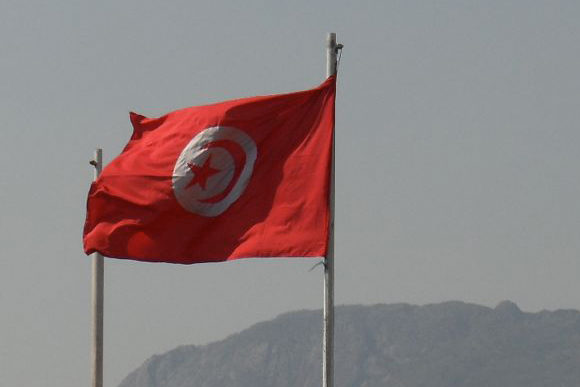 The ICJ today called upon the Tunisian authorities to take immediate steps to ensure the rights of victims of human rights violations to effective remedies and to reparation.
The ICJ today called upon the Tunisian authorities to take immediate steps to ensure the rights of victims of human rights violations to effective remedies and to reparation.
The ICJ also urged Tunisia to pursue accountability for past human rights violations and to end the widespread use of military courts to adjudicate cases involving human rights violations.
The ICJ further called on the authorities to adopt meaningful reforms to the legal framework, to ensure that violations amounting to crimes under international law are incorporated into the Penal Code with commensurate sanctions and that they are not subject to any statute of limitation or amnesty. Tunisia must guarantee, in law and in practice, the independence of the judiciary and legal profession, including by ending the control of the executive over the office of the Public Prosecutor.
The statement comes as the ICJ concluded a high-level mission to Tunisia aimed at assessing the human rights situation in the country following theouster, through popular protest, of the regime of former President, Zine El Abidine Ben Ali, on 14 January 2011.
The mission was headed by ICJ Commissioners, Roberto Garretón and Monica Pinto, who were accompanied by Sa?d Benarbia, ICJ Senior Legal Adviser for the Middle East and North Africa programme. The delegation met with the President of the Constituent Assembly, Mr Mustapha Ben Jaafar, the Minister of Human Rights and Transitional Justice, Mr Samir Dilou, the Minister in charge of relations with the Constituent Assembly, Mr Abderrazak Kilani, members of the Constituent Assembly, officials from the Ministry of Justice, members of the judiciary, the legal profession and civil society, as well as a number of victims, and the families of victims, of human rights violations committed under the Ben Ali regime.
The ICJ urged Tunisian authoritiesto ensure effective remedies for the victims of serious human rights violations in Tunisia, including cases of unlawful killing, torture, enforced disappearanceand arbitrary detention. The ICJ is deeply concerned that, to date, the vast majority of these violations have remained unpunished, thus contributing to the spread of a general climate of impunity in Tunisia.The commissions established by the Tunisian authorities to address these violations have so far failed to meet the rights and aspirations of the victims and their families to justice.
“While we are encouraged by the national dialogue initiated by the Ministry of Human Rights and Transitional Justice, we urge the Tunisian authorities to conduct prompt, thorough,independent and impartialinvestigations into all serious human rights violations with a view to holding those responsible for these violations to account”, said Roberto Garretón. “The rights of the victims to truth and to reparation, including restitution, compensation, rehabilitation and satisfaction, must be fully guaranteed”,Garretón added.
The ICJ urged Tunisian authorities to ensure that the cases of the victims of human rights violations are heard by independent and impartial courts.The ICJ is concerned that victims’ rights to effective remedies have been undermined by the widespread use of military courts in cases of human rights abuses. Under Tunisian law, including article 22 of the 1982 internal security service law and article 6 of Decree No. 2011-69 amending the code of military justice, military courts have jurisdiction over crimes committed by law enforcement officers, including human rights violations. Military courts, which have in practice a discretionary power to decide which cases are under their jurisdiction, lack independence from the executive and fail to meet international standards of fair trial.
“Cases of serious human rights violations committed by law enforcement officers and state officials must be prosecuted before ordinary civilian courts in accordance with international fair trial standards,” said Monica Pinto. “Tunisian authorities should order retrials for all cases of gross human rights violations prosecuted before military courts and ensure that these courts are not used to shield the perpetrators or to guarantee their effective impunity”, Pinto added.
The ICJ urged the Tunisian authorities to institute major reforms of the Tunisian legal system to guarantee the non-repetition of these human rights violations, including by enacting legislation that incorporates, amongst other crimes, the crimes of torture and cruel, inhuman and degrading treatment, enforced disappearance and arbitrary detention, consistent with international standards.
“Tunisian authorities should ensure that these and other serious crimes under international law are not subject to any statute of limitation and, to that end, repeal Decree No.106 of 22 October 2011”,said Saïd Benarbia. “Under no circumstances should amnesties or pardons be granted for these serious crimes.”
For more information: Saïd Benarbia, Middle East & North Africa Senior Legal Adviser, +41 22 9793817




